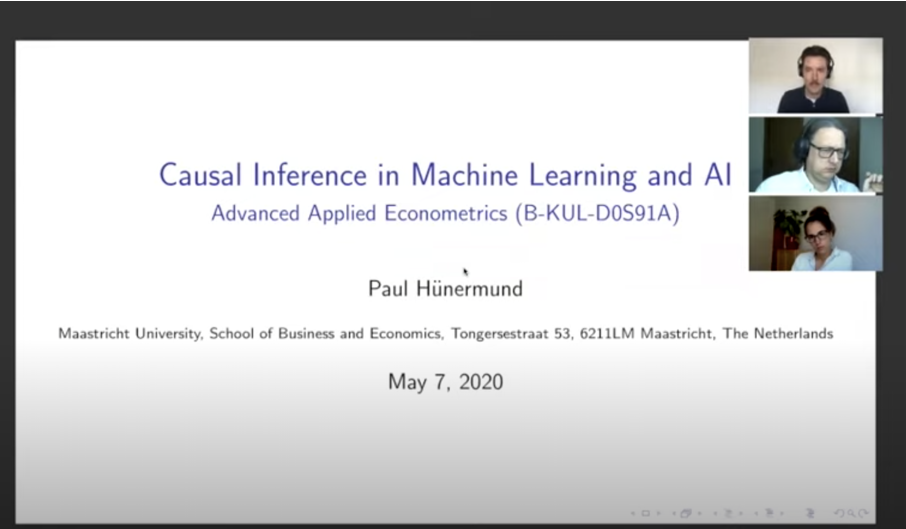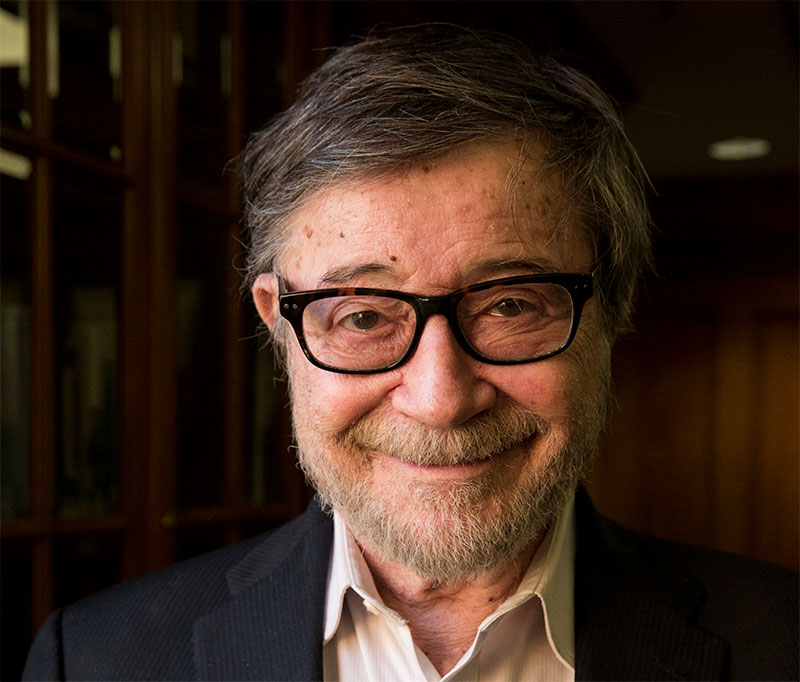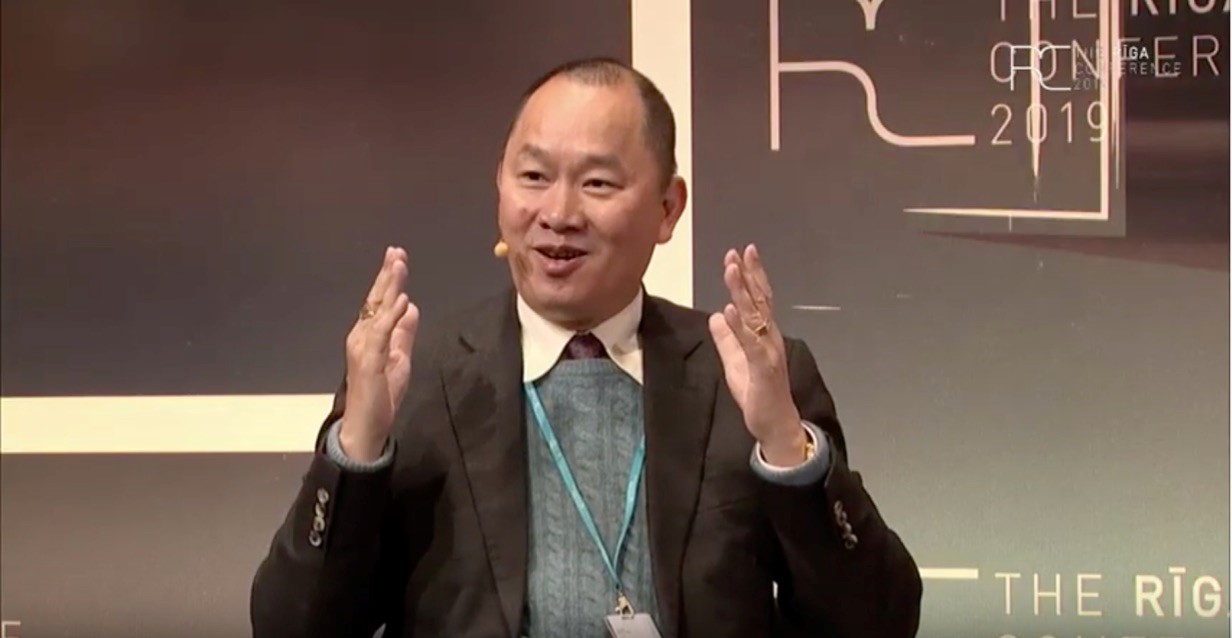On The Reasons Behind Decisions
13 May, 2020
Adnan Darwiche, Auguste Hirth Professor Judea Pearl commented “Speaking about “explainable AI”, this paper shows that, even in classification tasks, and even after agreeing on a Bayesian Network classifier, answering “why”...













